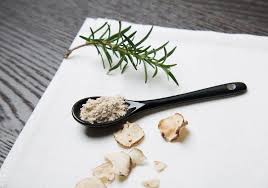May 31, 2022, 12:30 PM HST Maui News
An analysis of nearly two decades of data of 92,000 people revealed Native Hawaiians had more than twice the risk of Whites participants of developing gout as older adults.
The new study by University of Mānoa researchers — and one of the largest multiethnic gout studies to date — was published in The Journal of Rheumatology.
Gout, a common and painful form of arthritis, is becoming more prevalent in the United States. But the differences in risk between populations remains largely understudied, especially for Native Hawaiians. This study helped shed some light on these differences. It also revealed black participants had the second highest risk, followed by Japanese participants.
Continue reading “Native Hawaiians have higher risk for gout, UH study finds”




